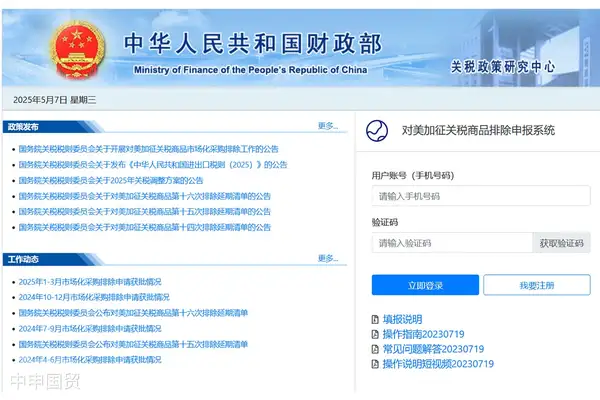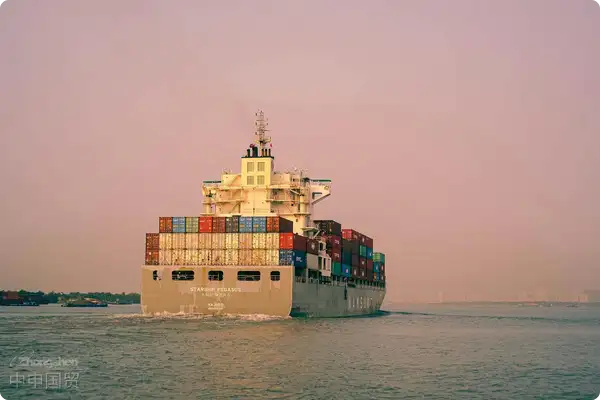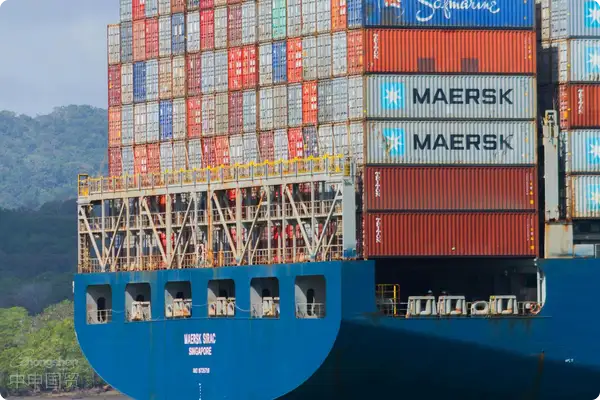- Shanghai Zhongshen International Trade Co., Ltd. - Two decades of trade agency expertise.
- Service Hotline: 139 1787 2118
Due to ongoing strikes at U.S. East Coast and Gulf Coast ports, severe congestion has led to significantly prolonged cargo handling times and a sharp increase in vessel wait times, posing serious challenges to the global shipping market. In response, MSC and Maersk recently announced the cancellation of 4 Asia-to-U.S. East Coast and Gulf Coast sailings to alleviate operational pressures caused by port congestion.

Strike impacts and sailing cancellations
According to MSCs detailed notice, strikes have reduced cargo handling efficiency at U.S. East Coast and Gulf Coast ports, preventing vessels from timely returning to Asia to resume normal rotations. MSC and Maersk were forced to implement blank sailing plans, canceling 4 Asia-to-U.S. East Coast and Gulf Coast sailings. Additionally, MSC emphasized that despite some cancellations, bookings remain open, and the shipping lines are actively arranging contingency plans for alternative services to meet transportation demands.
Sailing cancellation data analysis
According to Drewrys latest cancellation tracking data, over the next five weeks (Weeks 42 to 46), carriers have announced the cancellation of 69 out of 693 scheduled sailings across major trans-Pacific, trans-Atlantic, and Asia-to-North Europe and Mediterranean routes, with a cancellation rate as high as10%. Specifically:
- Trans-Pacific eastbound routes: Cancellation rate58%
- Asia-to-North Europe and Mediterranean routes: Cancellation rate26%
- Trans-Atlantic westbound routes: Cancellation rate16%
Cancellation of voyages by alliance and non-alliance shipping companies
In terms of voyage cancellations, THE Alliance and Ocean Alliance each canceled19.5 voyages, while the 2M Alliance canceled9 voyages, and non-alliance companies canceled28 voyages. These figures reflect the coordination and cooperation among shipping alliances in addressing port strikes and congestion.
Shipping companies adjust services to tackle challenges
Faced with ongoing port congestion and strikes, shipping companies are mitigating operational impacts by adjusting route services, optimizing vessel scheduling, and enhancing communication and cooperation with ports. Companies like MSC and Maersk have stated they will continue monitoring port conditions and flexibly adjust shipping plans to ensure timely cargo delivery.
Industry outlook and response strategies
Currently, the global shipping market faces numerous uncertainties, including geopolitical tensions, economic policy changes, and unforeseen events. Shipping companies must continuously optimize operational strategies and enhance their ability to respond to emergencies. Experts suggest that future efforts should focus on strengthening port collaboration, improving port efficiency, and exploring alternative routes and transportation methods to address potential prolonged port congestion and strike risks.
Related Recommendations
? 2025. All Rights Reserved. Shanghai ICP No. 2023007705-2  PSB Record: Shanghai No.31011502009912
PSB Record: Shanghai No.31011502009912










